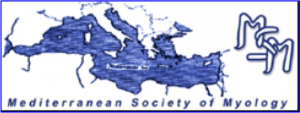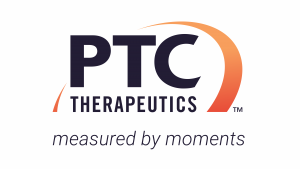Although performing exercise studies in patients with neuromuscular disorders (NMD) is difficult, the number of randomized controlled trials is steadily increasing. There is growing evidence for a positive effect of aerobic exercise in several NMD, on the other hand, the evidence for the effect of strength training is still scarce. Many NMD patients are captured in a vicious circle of physical inactivity, and it is important to let patients adhere to an active lifestyle, in order to prevent further chronic cardiovascular and muscle deconditioning and increased cardiovascular health risks. Exercise has to be prescribed as if it is medicine, in order to increase the adherence of patients and to optimize the efficacy of the intervention. Exercise in NMD is safe, although for some metabolic myopathies there is a contraindication for strenuous exercise. In NMD known to affect cardiac muscle, it is usually safe to exercise, but the consultation of a cardiologist is advised. Based on recent research, an increase in physical activity of moderate intensity and of sufficient duration, i.e. a physically active lifestyle, could be at least as effective and relevant as physical training. Underlying mechanisms of effect of exercise could be the influence of epigenetic mechanisms and the anti-inflammatory effect of exercise, but further studies are needed to confirm these hypotheses.






